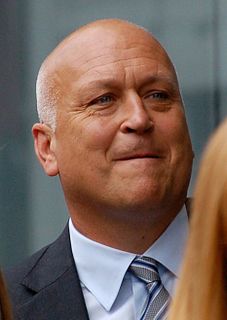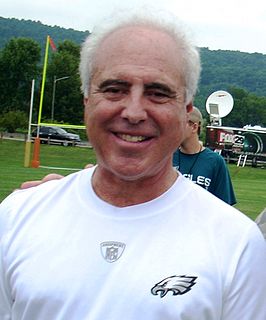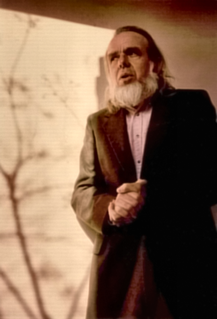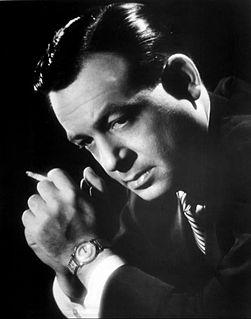A Quote by Jane Goodall
Every stage of my life set the scene for the next, and at each point all I had to do was say "yes" and not think too much about the consequences.
Related Quotes
I think what happens in a religious life is that we have those experiences of affirmation and that one starts to live a Christian life or a Jewish life or a Muslim life or a Buddhist life, by affirming that affirmation each day. Each day you say 'Yes' to that Yes. So the life of being a Christian for example, is always a life of double affirmation, that you each day say 'Yes' to those counter-experiences of saying 'Yes', even when you're not experiencing them at that time, you're remaining loyal to that experience.
Some directors don't say much. Michael Mann, for example. I remember on 'The Insider' he never had much to say. He would do a scene, just kind of nod, and then set it up to do it again. And you might do a scene 10 or 12 times or more, the same little 31-second bit. And you could tell he wasn't satisfied, but he wouldn't say much.
If you had to point to anything, it's when you've had as much success as we've had and are so close to winning a Super Bowl, at some stage you have an opportunity to think the next move, even if it's not consistent with all your previous moves, will be the one that gives you the chance to win the Lombardi Trophy.
Before I was a Discordian, I took life much too seriously. When you take life too seriously you start to wonder what the point of it all is. When you wonder what the point is in life, you fall into a trap of thinking there is one. When you think there is a point, you finally realize there is no point. And what point is there in living like that? Nowadays I skip the search for a point and find, instead, the punch lines.
I go into every meeting, into every room and for every speech understanding the standard deviation, the Bell Curve. I know there are about 10-15 percent of people in the room, who say, "I've been trying to say this for years. Finally. I agree. Yes, yes, yes." I know there are about 15 percent of the people in the room who think I'm an idiot, who think I don't know what I'm talking about, who think I'm naive or I have oversimplified everything. The majority who are open to the ideal.
I think it is a good thing to have woman friends at every stage of life. We confide in each other, we support each other, we understand each other most of the time. Of course, sometimes we are competitive or angry or distant, too. But I do think it is important not to let the main friendships slip away in the sweep of the days.
I think that the idea of finding another person to share your life with is the most fascinating, beautiful quest you could ever be on in life. And yes, living your dreams is so important too, and a lot of times I’ve put that before everything else. But then you get to a place where the whole time you’re living these dreams, you look beside you to say to someone, “Hey, isn’t this so much fun?” And if there’s no one there to say it to, what’s the point?
This is what I mean when I say I would like to swim against the stream of time: I would like to erase the consequences of certain events and restore an initial condition. But every moment of my life brings with it an accumulation of new facts, and each of these new facts bring with it consequences; so the more I seek to return to the zero moment from which I set out, the further I move away from it. . . .
In marriage for example, you say 'Yes' on the day you get married, 'I do', but each day you implicitly if not explicitly, also say 'Yes', by every act that one performs in a marriage, one is saying 'Yes', making a cup of coffee for one's wife or husband is a form of saying 'Yes' to the marriage vow that one is continuing the marriage by affirming it in one's deeds. And exactly the same in the religious life.
I do not think I ever opened a book in my life which had not something to say upon woman's inconstancy. Songs and proverbs, all talk of woman's fickleness. But perhaps you will say, these were all written by men." "Perhaps I shall. Yes, yes, if you please, no reference to examples in books. Men have had every advantage of us in telling their own story. Education has been theirs in so much higher a degree; the pen has been in their hands. I will not allow books to prove anything.




































